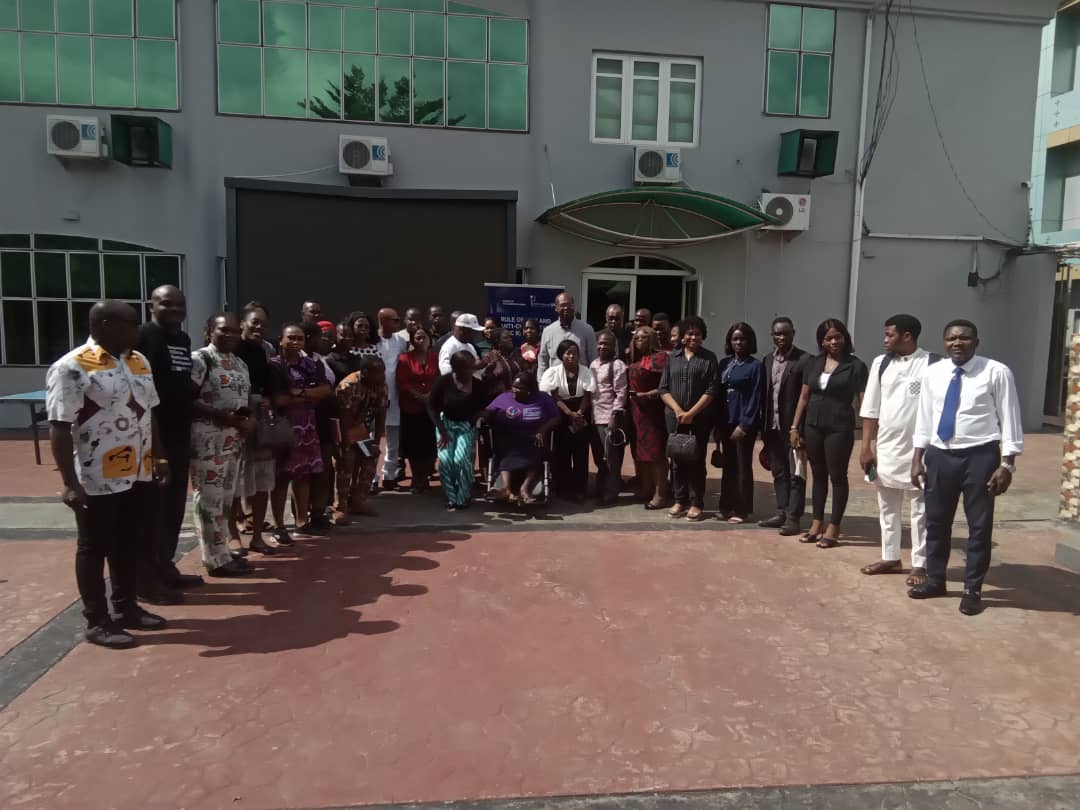By Lucky Isibor
The Edo State Public Procurement Agency (EDPPA), has tasked members of Civil Society Organisations (CSOs) in Edo State to actively monitor all the procurement processes in the state to ensure accountability in government expenditure as almost all the funds voted for capital projects are expended on procurement.
The Managing Director and Chief Executive Officer of Edo State Public Procurement Agency (EDPPA), Mr Henry Idogun made the call at a sensitization workshop on Edo State Procurement reform initiatives for Civil Society Organisations (CSOs), organised by the agency in collaboration with the Rule of Law and Anti-Corruption (RoLAC) programme and the International Institute for Democracy and Electoral Assistance (International IDEA)
Idogun pointed out that the workshop aimed at improving citizens’ knowledge as well as encouraging participation and ownership will equip participants with the relevant tools to strengthen citizen engagement and promote transparency in public procurement process.
In a presentation an official of the EDPPA, Mr James Owolabi enumerated the initiatives the Edo State government has taken to strengthen the procurement process with a view to making it transparent, competitive and comply with international best practices in public procurement.
These initiatives include, “Establishment of Procurement Officers’ Cadre in the State Civil Service and the Unified Local Government Service Commission.
“Established a collaborative partnership with the University of Benin to enhance the capacity development of procurement stakeholders and establishment of an independent complaints review committee”.
According to Owolabi, the Edo State government also approved the deployment of certain reform tools and instruments to aid procurement propocess, including “Development and deployment of standard procurement documents for improved procurement practices, repeal and re-enactment of the Public Procurement Law, development and deployment of codes of conduct for procurement stakeholders.
“Creation and deployment of debarment procedure guidelines, creation and management of contractors/vendors database, creation of a price database, deployment of project data disclosure system through collaboration with OCP and Accountability Lab; issued guidelines on Medium, Small and Micro Enterprises(MSME) participation and consideration in contract award.
“Regulation of fees chargeable by procuring entities as tender fee, implementation of e-Government procurement system in the state, sponsored certification programme (PDPP) for eligible procurement officers in the state and establishment of a monthly Interactive forum of procurement officers – continuous procurement training”.
Owolabi also listed the roles the CSOs can play to enthrone transparency and accountability in procurement process to include: “Raising Awareness. CSOs advocate for procurement reforms by highlighting issues such as corruption, inefficiency, and lack of transparency.
“Policy input: They provide input into policy development, ensuring that reforms are comprehensive and inclusive.
“Public campaigns: Through campaigns, they mobilize public opinion and pressure governments to implement necessary reforms.
“Training orograms and resource development: CSOs provide training to government officials, suppliers, and other stakeholders on best practices in procurement. They develop and disseminate resources, such as guidelines and toolkits, to improve procurement processes”.
At the end of the interactive session between the CSOs and EDPPA officials, Osazee Edigin who responded on behalf of members of CSOs who attended the workshop thanked the EDPPA for organising the workshop, noting that the interactive session was engaging and that CSOs are now better informed.
He appealed to the EDPPA and other government agencies to see CSOs as partners in progress and not enemies of government.
All grail areas regarding the qualification of CSOs for involvement in public procurement monitoring were resolved.
The Rule of Law and Anti-Corruption Corruption (RoLAC) has been assisting in procurement reforms in Edo State with a view to preventing corruption in the process.
RoLAC is funded by the European Union and is being implemented by International Institute for Democracy and Electoral Advancement (International IDEA).
